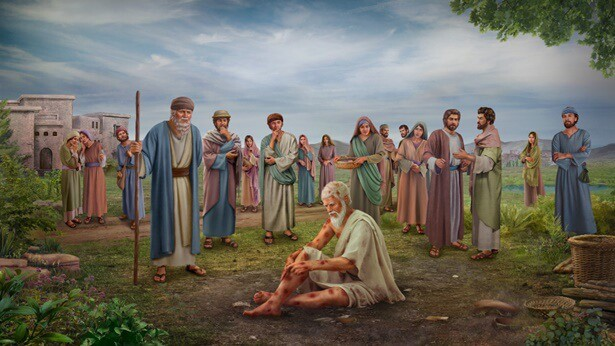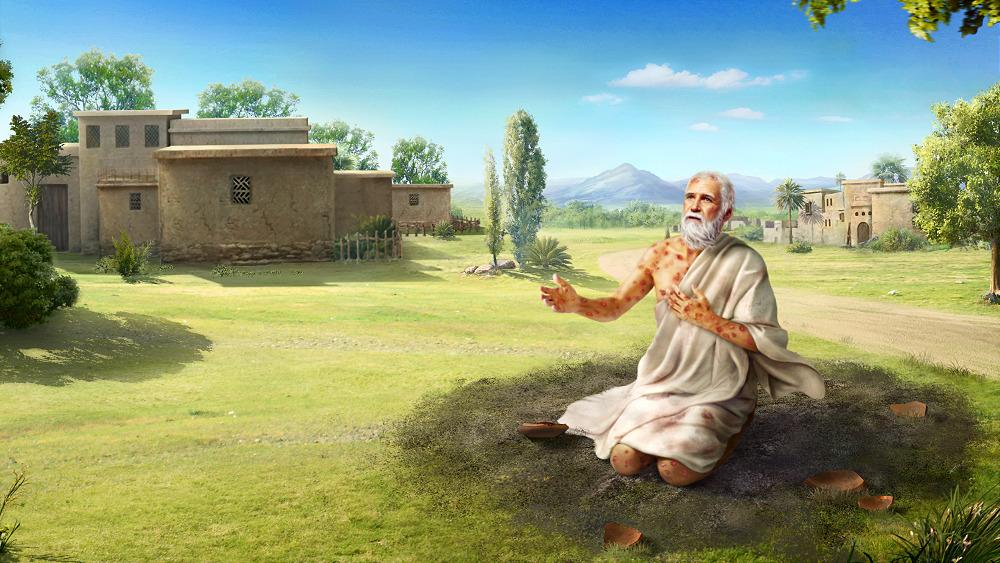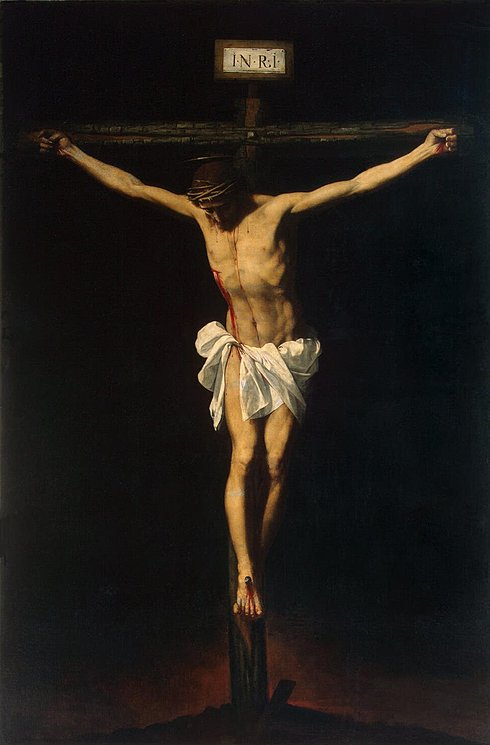Meditation
for Wednesday of the 26th Week in Ordinary Time
(Job 9:1-12,
14-16; Lk 9:57-62)
On this third day of our meditation on the Book of Job, we reflect on Job’s response to his friends. We recall that when disaster befell on him, Job surrendered himself to God saying, “The Lord gave, and the Lord has taken away; blessed be the name of the Lord.” Satan must have been so disappointed that this faithful man neither denounced God nor even gave him some credit for the evil he brought to his household. Job gave Satan no recognition since he accepted all that happened to him as the will of God for him. But the anguish was much upon him that he wished he was never born. Satan continued to tempt him in subtle ways; whatever Job loved became a source of temptation for him.
His beloved friends came to sympathize
with him. They spoke at length to convince Job that what befell him was a
punishment for sin. For them, no innocent man would experience such disaster (Job
4:7-8). Even if Job claimed to be faithful, they argued that no mortal can be
upright before his Maker (Job 4:17). Job felt hurt that his friends who were supposed to comfort him were indirectly mocking him (Job 6:13-15). He said to
them, “Put me right, and I shall say no more; show me where I have been at
fault” (Job 6:24). What would have been the implication of Job admitting that
he was suffering because of his sin? Job would have lied against God, and he
would have felt unjustly treated. Then, God would have appeared to be wicked,
and deserved to be denounced. In that case, it would be difficult to surrender to
the will of God since evil had caught up with him. In other words, by admitting
what his friends proposed, it would have been that, either evil was stronger
than the goodness of God in his life, or the will of God produced the evil. Job
did not fall to this trap of Satan. Think about how many of us fall to this
trap…
Job explains to his friends that,
while it is true that man cannot be just before God, it means man cannot be equal
to God in holiness. He is the creator and all power belongs to Him. God can
make and overturn things as He pleases; “Who commands the sun, and it does not
rise; who seals up the stars; who alone stretched out the heavens…who does
great things beyond understanding, and marvelous things without number.” Job insisted
that, though he was innocent, he could not claim right before God, but only to appeal
for His mercy. Thus, he acknowledged that it belongs to the almighty God to give
and to take, to make and to overturn. With this strong act of faith, Job
continued to worship God and surrender all to Him.
The faith of Job is the disposition
we should have as we go about our daily activities. This will help us to see
through the good things or bad things that come our way the mighty hand of God
at work. Sometimes we may desire so much, wishing to do great things for God,
but He directs us to the little things, saying, “foxes have holes, and birds of
the air have nests; but the Son of man has nowhere to lay His head.” At other
times we may be over burdened with many cares, lots of bills to pay, or so many
pleasures to enjoy, but the Lord calls from the depths of our hearts saying, “Follow
me…Leave the dead to bury their own dead…” If we follow the example of Job, our
hands shall remain firm on the plough of the kingdom of God; we shall continue
to move forward. Amen.
Fr Jude Nwachukwu, C.Ss.R
Saints Peter & Paul Catholic Church,
Tedi-Muwo, Lagos.
Wednesday September 28th, 2022.















